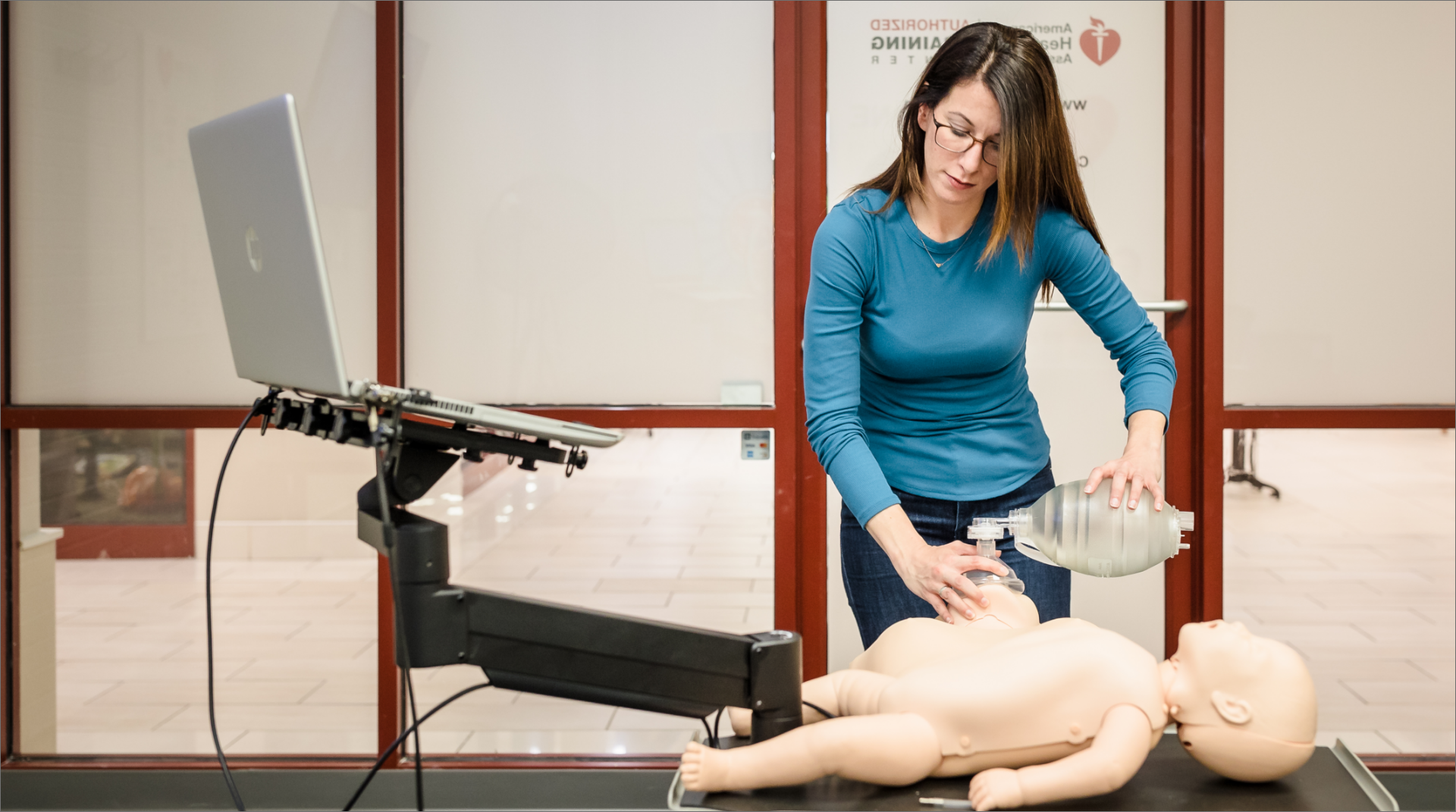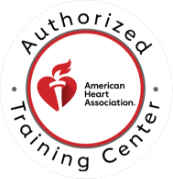

CPR Resource Center
The most comprehensive library of emergency training resources — including videos, articles, downloads, and more.


The most comprehensive library of emergency training resources — including videos, articles, downloads, and more.
In the Commonwealth of Massachusetts, licensed child care programs are regulated by the Department of Early Education & Care (EEC). Its mission is to support the healthy growth and development of all children by providing high quality programs and resources for families and communities.1 The EEC licenses or approves group, school age, and family child care programs; family child care assistants; residential programs for children; and adoption/foster care placement agencies.2
Firstly, let’s clarify some terminology as used by the EEC. These can be found in the Code of Massachusetts Regulations (CMR). Day Care Centers and like facilities are, in part facilities which usually function on a consistent basis and also commonly referred to as a child nursery, nursery school, kindergarten, child play school, progressive school, child development center, pre-school, or known under any other name which receives children, not of common parentage, under seven years of age.
There are also exceptions to the age limitation if the child or children have special needs.3 Excluded also are those locations which are part of a public school system or religious institution under certain circumstances. Especially significant is the term Educator which the CMR defines as- Any person approved by the Department for the regular care and education of children unrelated to the educator in a location outside the children’s own home for all or part of the day, regardless of his/her level of certification.3
At a minimum, one educator must be currently certified in first aid and age-appropriate cardiopulmonary resuscitation (CPR) must be present at any and all times when children are in care. Those educators who are currently certified in first aid and CPR (and only them) may provide first aid and CPR. The CPR training must be renewed annually. Specific staff/child ratios vary depending on the number of children present. Discussion of all those situations is beyond this article’s scope.
The minimum one educator rule also applies to the following: When it comes to administration of medication, licensees have to ensure that anyone on staff that administers medication must be trained in the 5 Rights of Medication Safety (patient, medication, route, dose, time). Competency in these skills must be demonstrated annually.
The above criteria do not apply to oral or topical medications and epinephrine auto-injectors. However, each educator, including those that don’t administer medication, still has to receive training in recognizing common side effects and adverse interactions among various medications, and potential side effects of specific medications. A clearly written policy has to be in place as well, to include among other things, that the medication(s) must be in the original container.
Individual Health Care Plans also need to be developed for those children with chronic medical conditions. Educator(s) must successfully complete training that specifically addresses the child’s medical condition, medication and other treatment. The training or specialized instruction must be given by the child’s health care practitioner. With his/her written consent, training can also be given by the child’s parent or the program’s designee.
As always, it’s good practice to review regulations on a timely basis & keep in mind that additional measures may apply on a municipal level as well. These could include local zoning laws or requirements dependent upon funding sources.
Our recommended course for childcare providers is the Heartsaver Pediatric First Aid CPR AED course. We currently have two methods to complete this course.
SOURCES
Help Me Find a Course